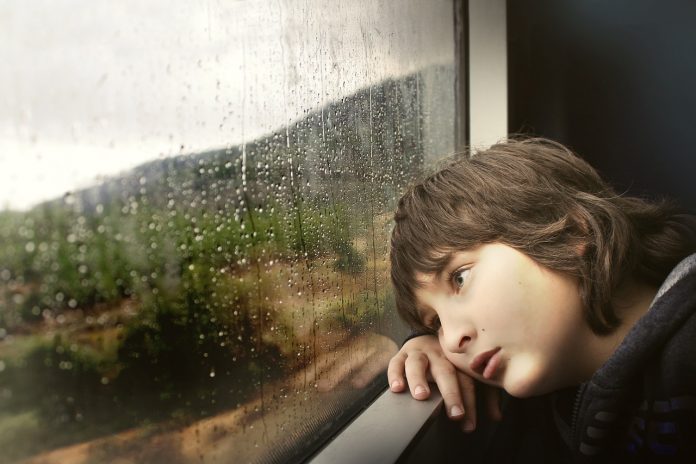Raising children (call them young millennials if you will) isn’t an easy job. These children usually grow up with a sense of entitlement. By the time they become adults they’re depressed. And reasons could range from “His phone is better than mine” to “heartbreak” to “ I didn’t get enough marks”.
Any reason works – who are we to judge.
Teach your children they’re unique.
That way, they won’t feel pressured to be like everybody else
– Cindy Cashman
Studies show that amongst children aged 2-8 years, boys are prone to mental health issues.
Ironically, as schools become more compliant to not burden the child. We as parents are taking away the cake by doing the same. As soon as the school ends, children are bouncing from one Piano lesson to another Tennis coaching. Poor things are sapped by the time they hit the bed.
We, as parents mean well but are we really helping the child or stressing her out?
Tricky as it is, to deal with a child’s emotions. Sometimes, we ignore the sadness and call it a “phase”.
Did you know
3.2% of children aged 3-17 years (approximately 1.9 million) have diagnosed depression?
Depression – The Definition
Clinically, the term depression refers to symptoms revolving around three core variations:
- Changes in Mood. The child is not enjoying the tasks she cherished before;
- A switch in Thinking – Cognitive changes generally lead to inefficient thinking, usually into a zone of self-criticism;
- Changes in activity – Inability to mingle with peers due to loss of interest or low self-esteem. So much so that her social life is impacted.
In keeping up with this dizzying fast pace, is it possible that we are ignoring our children’s mental health?
Did you know
One in 5 adolescents suffer from Depression?
The Signs of a child slowly slipping into Depression:
1.Rebellious & Unhealthy Behaviour – Those angry outbursts. Failing to communicate even after several efforts by others. Reckless driving or drugs constitute this behaviour. The child is screaming out for help only not in words;
2. Hypersensitive Behaviour – Bursting into tears for small issues. Throwing tantrums. Inability to control/manage their emotions. Regularly getting into arguments. Slamming of doors. A sure sign of depression;
3. Learning issues at school – Slipping grades, Incomplete school work, lack of concentration is usually a call for rescue;
4. Change in appearance – A sudden change of appearance like a shocking choice of hair colour or clothes can cause worry to the parent;
5. Too much alone time – If your child is spending too much time alone and avoiding all opportunities to socialize;
6. Mood swings – For days on end feeling hopeless or sad about their looks ie hair, skin etc is also a sign of a depressed child;
7. Change in Sleep Patterns – If your child is sleeping too much or too little then it is definitely a sign of depression;
What can the parent do?
1. Seek a trained professional like a therapist. Don’t shrug it under the carpet.
2. Talk to the child. Love them unconditionally for who they are – goes a long way. They are not looking for a lecture. They are looking for a companion who has their back, no matter what.
3. Encourage Exercise. It is a well-known fact that exercise releases happy hormones which can elevate the mood and energy levels. It also helps in regulating sleep patterns.
4. Ensure a balanced diet. Yes, they will groan about the vegetables you will put on their plate but a balanced diet will help them manage the mental health issue and regain balance over their life. Side note: Completely cut down on the junk food.
It will take a lot of your will power, strength to help a child dealing with depression. It is a time of trial for both – the parent and the child. Make sure you take care of yourself too.








